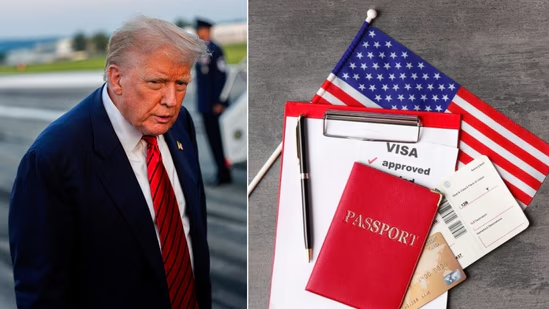
US visa 221(g), 214(b) rejections: US Embassy in India clarifies confusion over visa refusals
The US Embassy in India differentiates b/w visa rejections: a 214(b) is a conclusive denial, while a 221(g) signifies a temporary hold for missing documents. In order to address this, the US Embassy in India has provided an explanation of the distinction between 221(g) and 214(b), two of the most prevalent rejection categories under the Immigration and Nationality Act - INA.
Both state that a visa has not been granted at the time of the interview, but there are notable differences in the explanations and the candidate's next course of action.
Understanding difference between US visa 221(g), 214(b) rejections
A denial under Section 214(b), however, is conclusive for that particular application. The outcome indicates that the applicant did not prove their eligibility for the desired visa category. Typical explanations include lack of ties to the applicant's home country, uncertainty over the claimed purpose of travel, or the officer's inability to be persuaded of the applicant's intention to return home.
In contrast to 221(g), petitioners are unable to reverse a 214(b) decision by submitting additional documentation. As an alternative, they have to reapply, pay the visa price, and go through another interview.
Source: Hindustan Times
SHARE

The US Embassy in India differentiates b/w visa rejections: a...
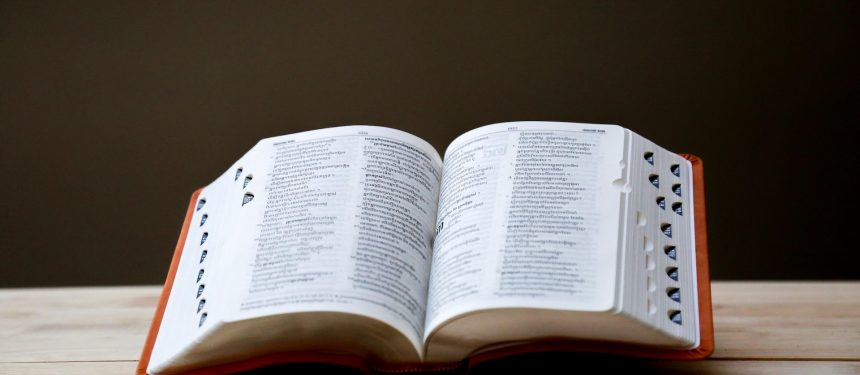
The British Council is currently in the middle of establishing...

Denials for US F-1 student visas grew “significantly” between 2015...
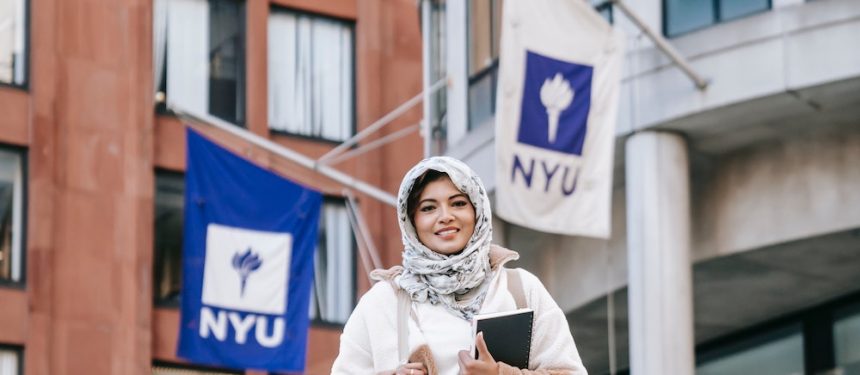
According to the National Center for Education Statistics, the number...
Proverbs and other familiar sayings comprise a surprising chunk of...
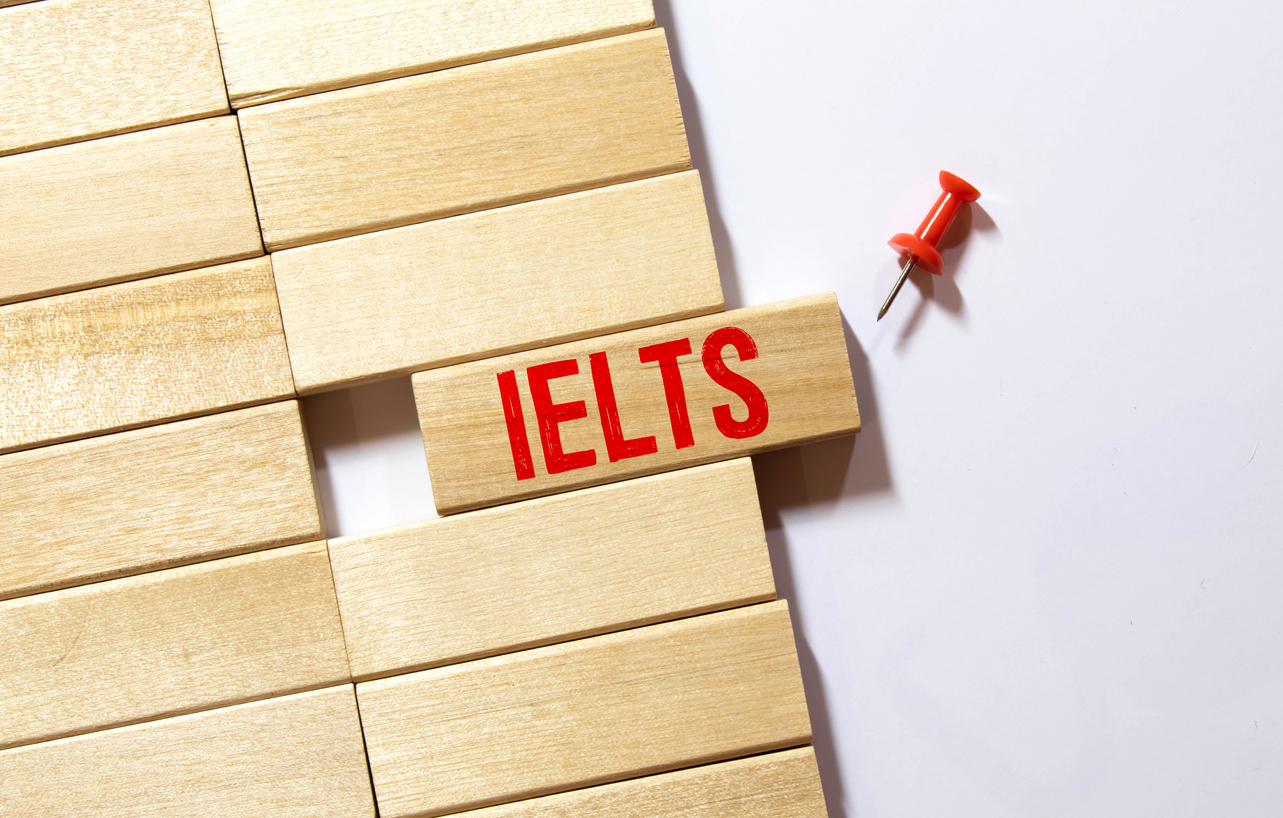
Over the past few years, the scenario of admission to...

Generally, individuals can apply to change their nonimmigrant visa status...

In a move that could benefit thousands of Indian-Americans waiting...
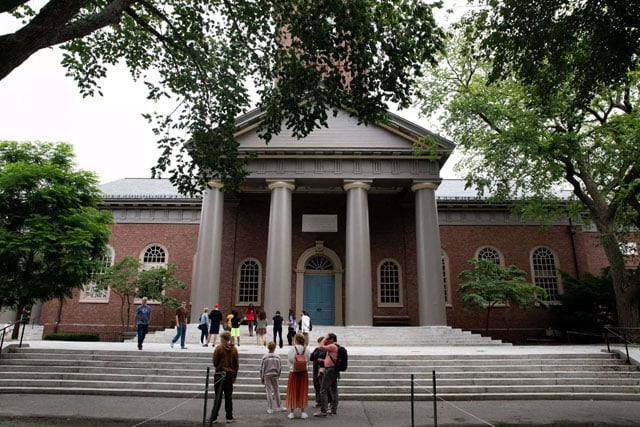
The US Department of Education has opened a civil rights...
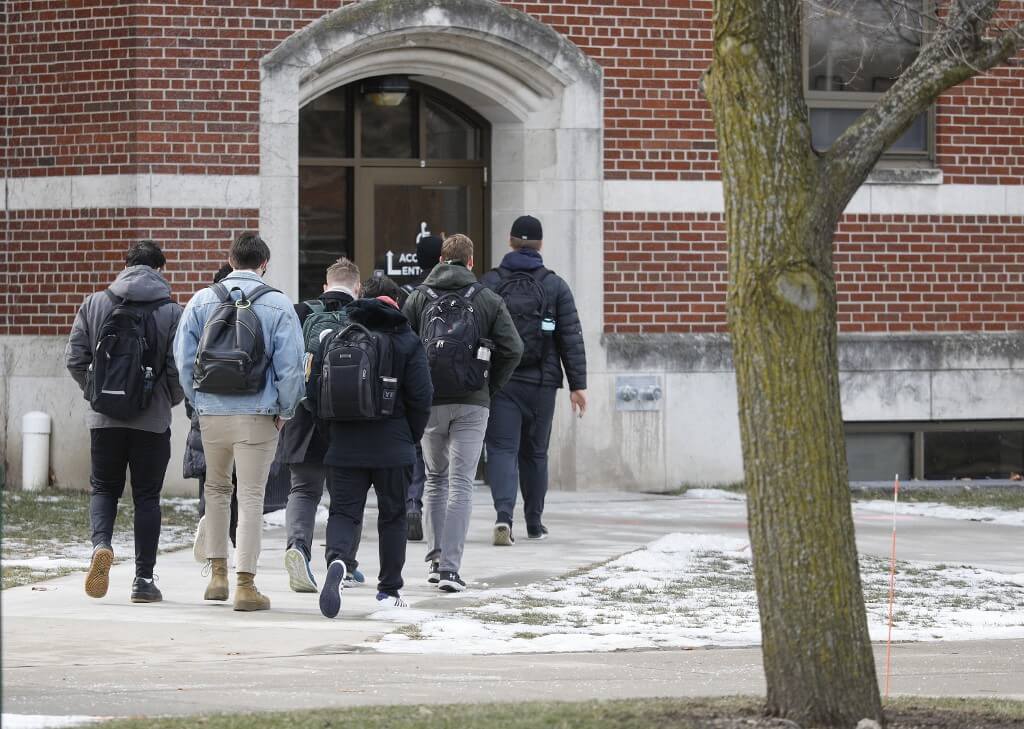
Great news for US-bound international students: you can now apply...





